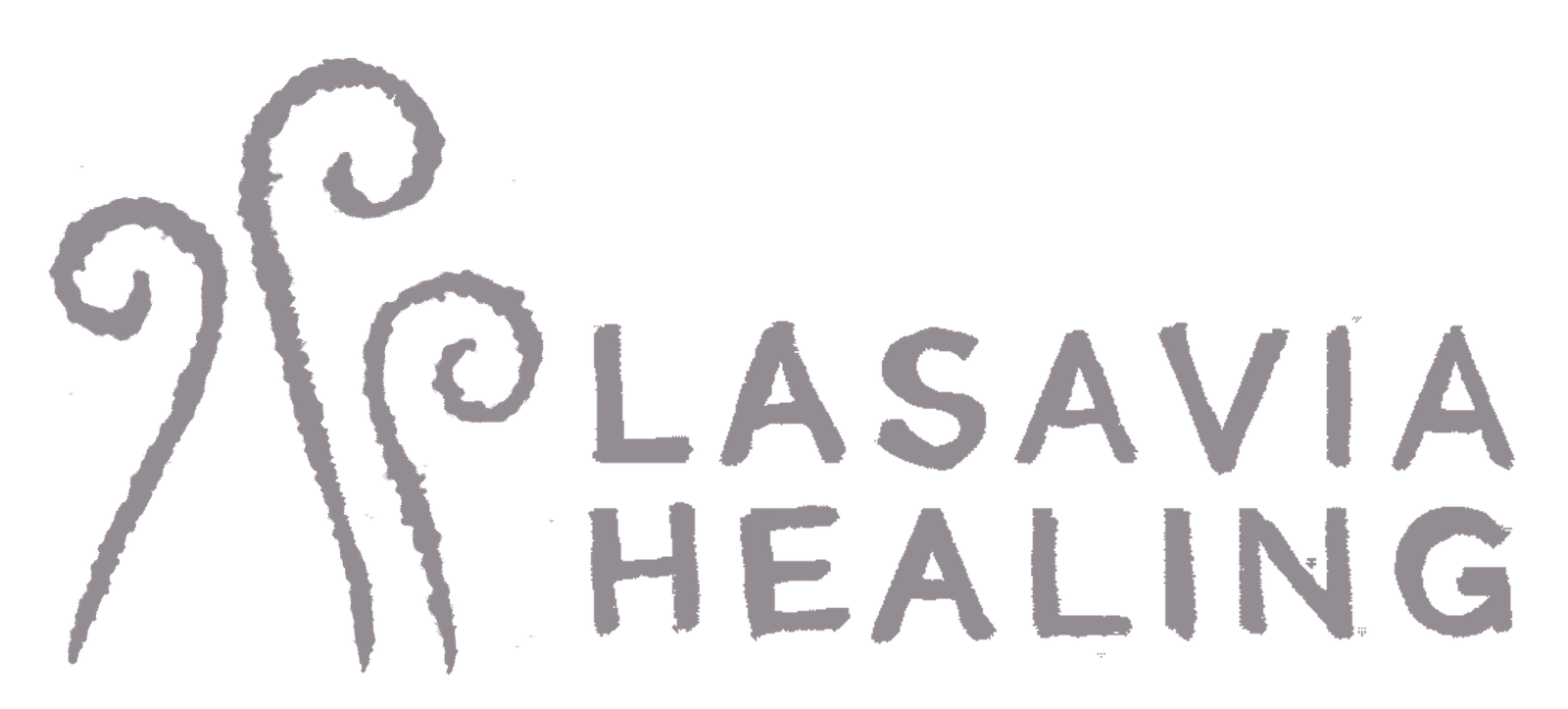Guidelines and Codes of Practice
The ethical approach for practitioners who are working within the field of non-ordinary experience requires a strong internal ethical foundation. The reason is that to share transcendent experience opens both the practitioner and the client to a unique spiritual experience that although transcends the relationship may also be particular to the relationship. This is because the way of the healer is to also work within the gifts and in respect to the personality of the healer/practitioner. If the practitioner is not careful, the experience may cause the client to be in awe of the practitioner and therefore not take responsibility for his or her own part in the transcendent experience.
There is such an extraordinary balance in honouring the experience and work of the practitioner and at the same time empowering the client to acknowledge their own participation and to encourage the client to carry the experience forward within them into the world that they live in.
There is an important role that the practitioner can have which is to bring the spiritual nature of life into the manifest world. Many people are ambivalent to the idea of spirituality in their life. They desire it but then, of course, the spiritual life can create discomfit when patterns need to change for the evolution of soul, and so here is the core of an attitude of resistance and desire. This is a painful journey.
A way that a practitioner can support is to encourage spiritual practice. All of this shows up as an ongoing relationship, and as practitioners of this work you will find that a healing journey soon turns into a mentoring journey.
There is a place however for one-off healings or a healing process that covers perhaps three sessions. As a practitioner, it is good practice to look at the nature of the type of relationship you have with a client and work thoughtfully around how often you will meet, the payment, expectations, all with the understanding that any commitment should have a process of respect, rather than feeling bound to each other. This creates a positive freedom and a respectful connection.
I think we live in a culture of dependence and so it is a powerful process of reflection to bring consciousness to how we are as practitioners in a society that encourages dependency.
Sharing with peers and working as a community of practitioners is an extraordinary supportive process and needs to be addressed in this ethical document. I would like to encourage peer support through creating co-creative circles that can nourish and allow a truthful self-reflective process for a practitioner. Working as a practitioner in this work takes enormous courage, as there is no formula, it is a process of deep inner listening and real trust to listen to what you receive and at the same time working practically and holding a space for the client. This is the walk of the two worlds. It is an opportunity to explore ethical issues with each other.
In The Ethics Of Caring, Kylea Taylor has a chart called the “Continuum of difficulty in sharing with peers about our own unethical situations.” She looks at what is easier to share and what is more difficult to share. This continuum goes from past situations to future situations to current situations. As a community of practitioners, this is a place to remember about love and truth and reflecting upon ourselves to explore the edges of these issues together with integrity and confidentiality.
Taylor also writes about how an organisation or a community can support truth telling:
- Avoid criticizing or punishing someone who breaks the taboo against openness about unethical conduct
- Respond positively to truth telling
- Encourage members to give feedback to each other
- Tell the truth directly
As a community of practitioners, we may have clients move between practitioners. This may be because we may recommend the client to see another practitioner whose skill base is particular to the needs of the person/client. This is a beautiful, respectful process and a real understanding of each other’s gifts. In certain circumstances, the person/client is simply trying out different practitioners. Depending on the client, what we want to be doing is to deepen the client’s authentic spiritual work – if this deepening is not occurring because they are moving constantly onwards to new practitioners, then it is worthwhile to raise this with the client and explore what they really might be looking for. If, as a practitioner, you are working as part of a programme of teaching, I think it is very important that there is clear communication between the practitioners so that the support for the client is fluid, is not overwhelming and that there is space for the client to integrate the healing and teaching experiences.
There is something else I would really like to quote – it is part of the Code of Ethics of the Rolf Institute:
We recognize that competition, mistrust, or the spreading of rumours destroys the spirit of kindness and union, which is the heart of any human association.
I think it is important to remember that we are not alone, and that part of an ethical document for Lasavia needs to attend to how we are in relationship to everyone.
As guidelines, I think those practitioners working within Lasavia need to:
- have a good knowledge of themselves, their wounds, shadow and their gifts
- be active in their own study and spiritual practice
- have attended and committed to the Lasavia training
- have a mentor they are working with or are connecting with their peers
- be willing to express the truth and to hold space to listen and be with truth
- have an understanding of ethics and values
- have permission from the parent or caregiver when working with children
- be aware of power and vulnerability in the relationship between practitioner and client, therefore the practitioner must maintain a strong sense of self, without letting their ego get in the way
- provide trust, love and presence
- be considerate of the importance of space and time – such attendance helps the client to feel safe, particularly in deep healing work or profound mentoring. If working in nature, consider the vulnerability of the client in regards to their physical comfort and also their relationship with nature. Space supports the purpose of the work together. I do not recommend working in your living room; if no other space is available please make sure that the space is cleared and well prepared for the client so that they feel comfortable, and that other family members don’t interrupt or hear the session. Clear the space afterwards. Let the client know beforehand how long a session might be and if you are going over the time because of important work let them know so that the session is not disrupted through a sudden need to dash off because they have to be somewhere else
- provide confidentiality – being a healer and/or mentor you are present to process, to stories, to deep sharing. By holding confidentiality you are able to facilitate healing through creating a safe space. Some stories impact and this is why it is important to have a mentor or supervisor so that the stories that impact you as a practitioner are not leaked to the world.
understand reciprocity – it is important for the relationship of the healer/practitioner and client to have a process of exchange. For example, if a healer gives without setting in place a way that the client can give back, then there may eventually be an imbalance and therefore this will not be helpful, particularly for the client. In some cases the reciprocity is there but it might not be immediate or in a form not easily recognised. In these cases, listen carefully to your own wisdom, keeping in mind the law of balance.




